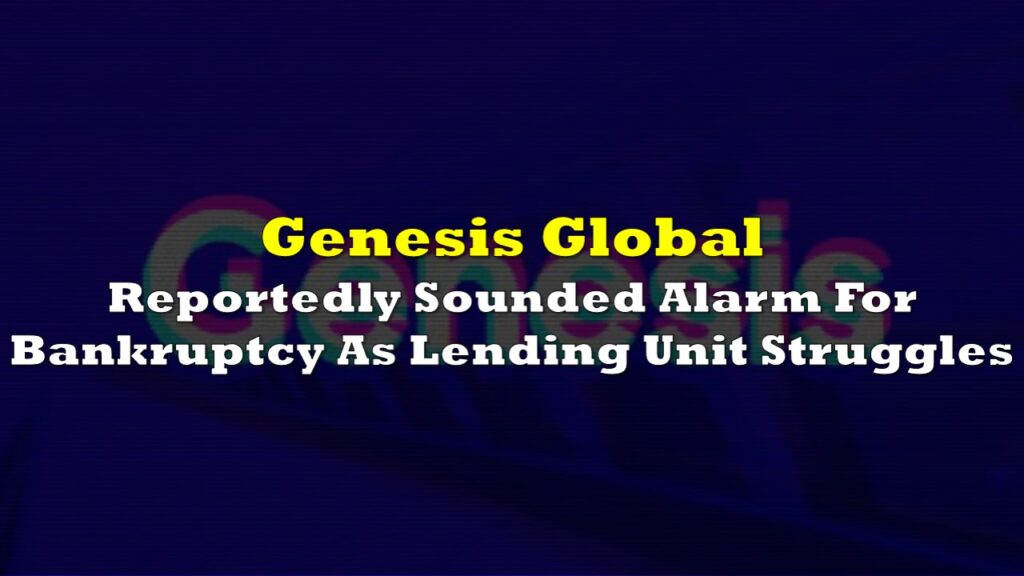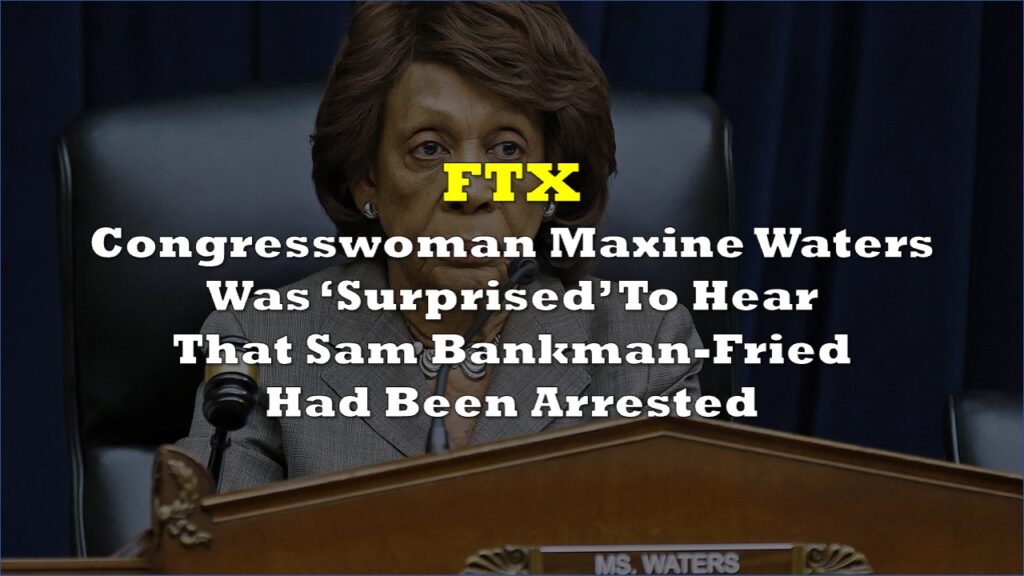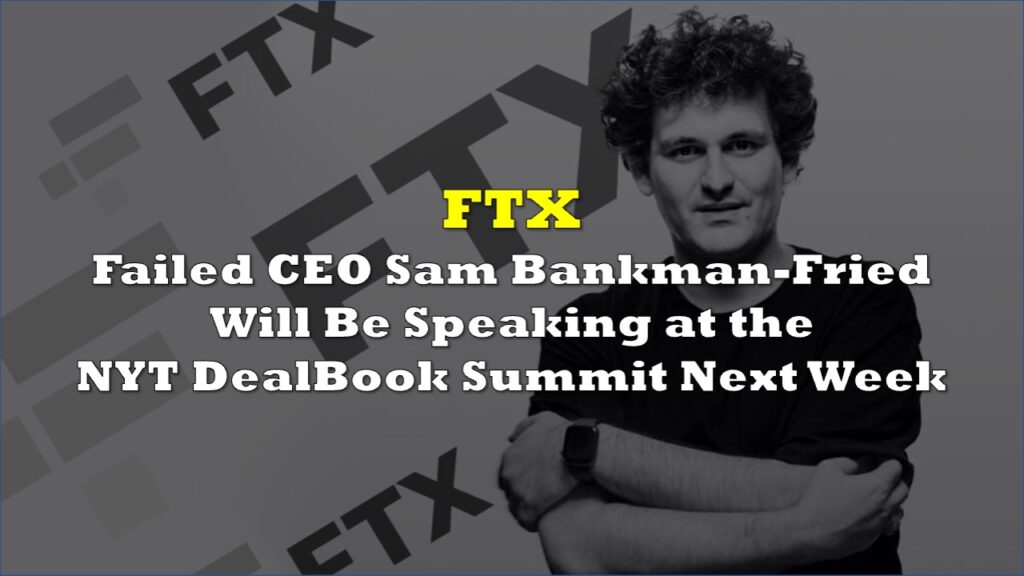New revelations seem to be issued daily about the collapse of the crypto exchange FTX. However, one issue which has received little attention is who were the auditors which signed off on what now appear to be the fictitious books of FTX and FTX.US.
It seems that the auditing firm Prager Metis worked with FTX Trading LLC, FTX’s international business, and that the accounting firm Armanino performed the 2020 and 2021 audits on FTX.US. Based in New York City, but with offices across the U.S. and internationally, Prager Metis, a private company, has more than 100 partners and principals, according to its website.
The firm does not list any of the clients for which it provides auditing services. A Google search likewise does not identify any companies that utilize Prager’s services.
Armanino, also NYC-based, meanwhile claims it is a top-25 accounting and consulting firm in the United States. It likewise does not identify any of its auditing clients on its website; a Google search for the names of clients is similarly fruitless.
WATCH: The Rise and Fall of FTX Explained
What is remarkable in all this is FTX took pains to allow various financial outlets to see — and write stories about — its internal financial documents less than three months ago. Indeed, a CNBC story dated August 20, 2022 stated FTX’s revenue increased more than tenfold in 2021 to US$1.02 billion, and that its operating income soared to US$272 million last year from US$14 million in 2020. The financials also apparently showed that FTX had around US$2.5 billion of cash at December 31, 2021.
These financial results, which seem likely to have been approved by at least one of the accounting firms discussed above, probably helped the company raise money from a who’s-who list of investors including The Ontario Teachers’ Pension Plan, SoftBank, and Tiger Global. FTX’s last capital raise, of about US$400 million, took place in January 2022. At that time FTX was valued at US$32 billion. In total, it appears that more than 80 investors supplied around US$2 billion of capital to the company over a two-year period.
Investors apparently applied very light scrutiny to what FTX Founder Sam Bankman-Fried represented. The New York Times reported that a top FTX executive said that Mr. Bankman-Fried delivered a video presentation in 2021 that was well received by a leading venture capital firm while simultaneously playing the “League of Legends” video game.
Information for this briefing was found via CNBC and the sources mentioned. The author has no securities or affiliations related to this organization. Not a recommendation to buy or sell. Always do additional research and consult a professional before purchasing a security. The author holds no licenses.










One Response
Without the audited statements themselves, footnotes and related disclosures, saying they have “passed a GAAP audit” is meaningless, without showing the statements that were audited. The auditor should have identified and disclosed the off balance-sheet risk in the footnotes to the financial statements. Other required audit documentation, such as the management letter, should also be public information.
Finally, the audit firm does not demonstrate required independence if it is touting the audited client. Bragging about attending a sports game with the client also does not meet the auditors’ requirement of appearance of independence.
Unfortunately, this means we are in for another round of regulations and restrictions aimed at small accounting firms – and driving them out of the attest arena – when it is the large peer-reviewed ones who are merrily checking off their GAAP checklists that are causing the problems. AICPA lobbyists will be doing their best to use this failure to try to drive business from the small firms, even putting them out of business, (where auditors audit with common sense,) to the big firms that pay the lobbyists salaries.